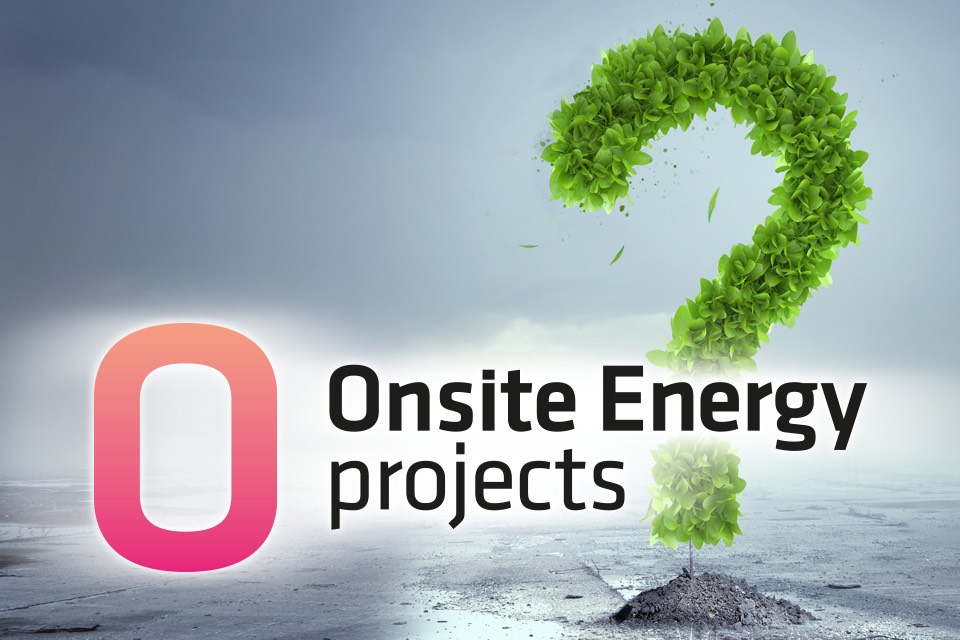In the latest instalment of our energy management executive interview series, we spoke to Martin Hamilton, Head of Sales UK and Ireland at World Kinect Energy Services, about his company, industry opportunities, the challenges we face with COVID-19 and how new technology can help…
Tell us about your company, products and services.
World Kinect Energy Services is a global leader in energy management, fuel supply, and sustainability. Our focus is Everything Energy, striving to help our customers buy better and buy smarter. Our core solutions are designed to make fuel, energy, and sustainability easier for customers, including physical supply, energy procurement, price optimisation and risk management, data management and sustainability.
What have been the biggest challenges the Energy Management industry has faced over the past 12 months?
Covid-19 has superseded all other challenges faced during the last 12 months. The level of uncertainty as a result of the pandemic has had a major impact on the global energy market, particularly on production, commercial and demand.
From an energy risk management point of view, a level of uncertainty is usually good for the market because it means our expertise is called upon and utilised. But this level of uncertainty has been so unprecedented, it makes it more difficult to determine the accurate level of risk involved across all markets.
And what have been the biggest opportunities?
From a commercial perspective, when the dust settles from the pandemic, the price of oil is going to be incredibly appealing. This needs to be capitalised on in order to future proof market opportunities, which customers will want to take advantage of – particularly financial.
For those committed to contracts, the global uncertainty has also presented an opportunity to reforecast and make sure everyone gets back to their correct positions.
What is the biggest priority for the Energy Management industry in 2020?
Commercially, like many, trying to stay in business during the current climate is the top priority. This means continuing to support our customers and making sure they stay in business too.
Extracting what is best and what is available in the current market and offering contractual set ups will certainly help customers to ensure their futures are protected, do business and employ people. Examining risk policy and securing the supply is also crucial for the months ahead.
What are the main trends you are expecting to see in the market in 2020?
Covid-19 aside, the main trend we are seeing in the energy market surrounds sustainability. It is certainly our most expansive division of the business and we are dedicated to recruiting the best industry professionals and strengthening our diverse offering.
This gives us the flexibility to be able to find sustainable solutions for our customers and prospects, and allows us to intelligently speak about the opportunities, pros and cons for products, whilst making sure we deliver.
What technology is going to have the biggest impact on the market this year?
On the thread of sustainability, electric vehicles are a key technological development. They are rapidly evolving, and will no doubt become more mainstream in the years to come. We’re already working with customers looking to integrate EVs, by creating bespoke strategies, ensuring they secure the best contractual conditions and have systems in place to manage the increased loads on electricity networks.
Artificial intelligence is also really coming into play for World Kinect Energy Services. There is a lot going on in this area, from weather forecasting to price validation. These technologies are allowing us to increase accuracy on our price determinations, and with various projects in the pipeline, it will continue to have a significant impact.
In 2025 we’ll all be talking about…?
EVs and AI are going to continue to be hot topics, there is no doubt about it. But sustainability is really going to ramp up for us and our customers as we progress towards the net zero deadline.
Senior level discussions are already taking place with our customers across the globe, and we are developing strategies with specific 2025 goals to help steer them.
Considering that everything will need to be publicised to supply chains and customers via marketing teams, I would imagine there will be reviews taking place on the progression, from targets set in 2020, and serious discussions about the next stage.
Which person in, or associated with, the Energy Management industry would you most like to meet?
I am intrigued by Elon Musk. I certainly don’t agree with everything he says and does, but I think it would be fascinating to gain insight into the mind of a genius that has driven such high-profile technological advances.
What’s the most surprising thing you’ve learnt about the Energy Management sector?
How competitive the space has become during my 20 years in the industry – the sheer number of market leaders continues to surprise me every day.
You go to the bar at the Energy Management Summit – what’s your tipple of choice?
Definitely a G&T…or maybe a dark rum. I’m not too fussy!
What’s the most exciting thing about your job?
The large diverse service offering that I can have conversations about, such as making changes to benefit businesses commercially, but also supporting net zero campaigns. The industry has really shifted from being all about the commercial aspect, with the mindset among the majority of customers and colleagues being to genuinely make things better for the planet.
And what’s the most challenging?
How competitive the energy market has become is making it increasingly challenging to do the right thing whilst remaining commercially viable. Due to excess competition, it can often become a race to the bottom from a price perspective. Nobody wants to devalue the quality service offered by their company, but the market ultimately dictates the price point.
What’s the best piece of advice you’ve ever been given?
My grandmother’s motto was “it’s nice to be nice” – she said it to my brother and I all the time when growing up.
Peaky Blinders or Stranger Things?
100% Peaky Blinders
https://world-kinect.com/European-Solutions-Homepage











